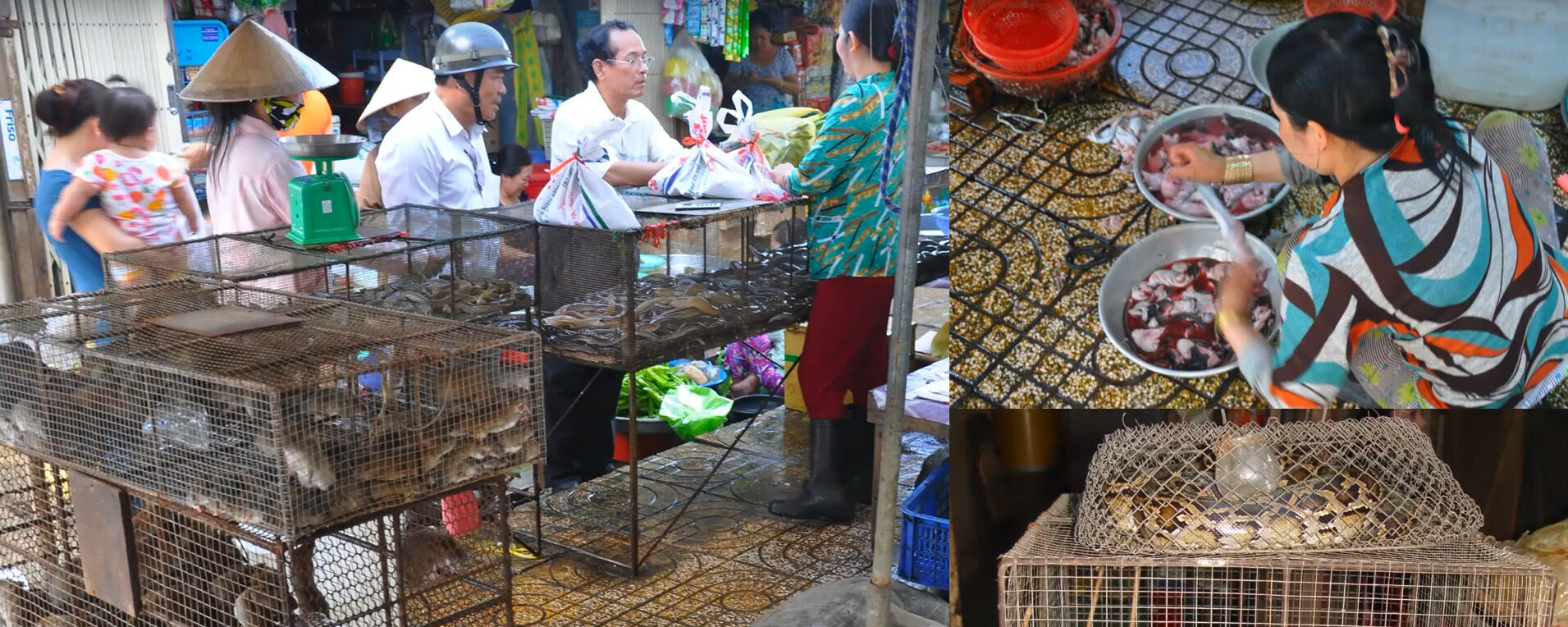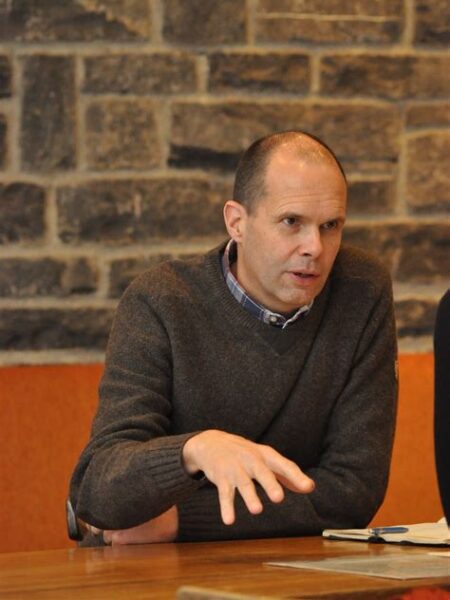The COVID-19 coronavirus has catapulted across the ever-evolving interface between humans and wild places, generating global impact and alarm. Quarantines have been imposed, and borders have been closed. Free movement of people, the pursuit of normal daily routines, economic well-being — and in too many instances, health and even life itself — have been dramatically curtailed by a virus that previously lived beyond the pale and a disease that was unknown and unnamed only a few months ago. To reduce the likelihood of future pandemics, we need to rethink our relationship with wild animals and wild places. Here, we need to change behaviors and practices to mitigate human risk while minimizing ecosystem disruptions, allowing the environment to perform its innate buffering services. The value of keeping ecosystems that bump up against human activity intact cannot be overemphasized. Just as we created the conditions that led to the current pandemic, we can create the conditions to minimize future risk. Dr. Chris Walzer is a board-certified wildlife veterinarian, Executive Director of Health at the Wildlife Conservation Society and Professor for Conservation Medicine at the University of Veterinary Medicine in Vienna, Austria. Chris has internationally-recognized expertise in working with wildlife, especially megavertebrates, carnivores and primates gained from combined years of leadership and research in Europe, Asia and Africa. He has authored more than 100 peer-reviewed research publications, numerous book chapters and lectures widely in the field of wildlife health and biodiversity conservation. Dr. Walzer is the recipient of several research and service awards most notably the Distinguished Environmentalist Award from the Mongolian Ministry of Nature and Environment for contributions to the conservation of Mongolia’s rare and endangered species. CBI presents this webinar in partnership with the Society for Conservation GIS (SCGIS). To learn more about this organization, please visit https://www.scgis.org/.
SCGIS – COVID-19: Rethinking our relationships with wild animals & wild places

